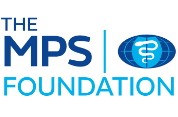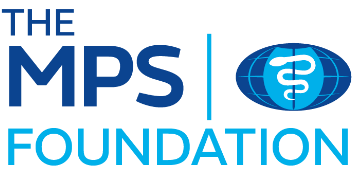Project title
How to manage work interruptions in secondary care in outpatient settings
Country
UK
Background
Interruptions during clinical consultations can be frequent and disruptive, affecting healthcare practitioners' performance, wellbeing, and patient safety. There is a significant gap in understanding the impact and management of interruptions in outpatient contexts. This project aims to address this gap by investigating what happens when interruptions occur and how they can be managed effectively in outpatient clinics.
Research from cognitive and organisational psychology suggests that interruptions increase mental load, hinder task completion, and strain healthcare professional-patient relationships. However, in healthcare contexts, interruptions are often unavoidable and might even contribute positively to team dynamics if managed properly. This project aims to identify strategies to manage interruptions effectively to ensure smoother workflows and safer patient care.
Summary
This study will focus on secondary care outpatient clinics, including both private and public sectors, and will involve healthcare professionals such as doctors, dentists, and support staff. We aim to explore both the negative, and potentially positive, impacts of interruptions by considering them holistically. This includes understanding the perspectives of both the interrupter and the interrupted, the experiences of staff and practitioners, and exploring how interruptions affect cognitive load and social dynamics within healthcare teams. Using focus groups, we will gather data on the frequency, source, and impact of interruptions, and develop an evidence-based toolkit to help practitioners manage these interruptions more effectively. Workshops will be conducted with stakeholders to validate the findings and co-create practical resources.
To find out more about the study please follow this link to Participant Information. You can take part in the survey here.
Outcome
The project aims to produce a practical toolkit of educational materials and strategies that healthcare professionals can use to minimise the disruption caused by interruptions. The toolkit will be co-developed through participant validation to ensure that it is highly relevant to those who will use it. The research will also contribute to academic knowledge through peer-reviewed publications and conference presentations, filling a gap in the understanding of interruption management in outpatient settings.

